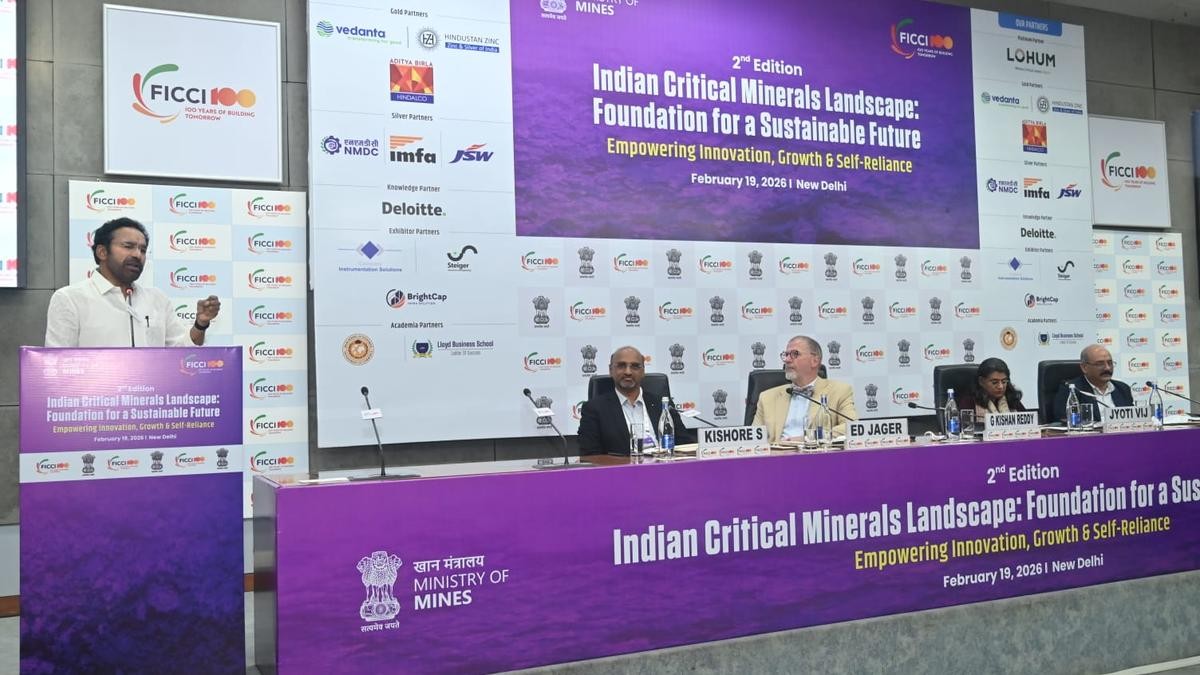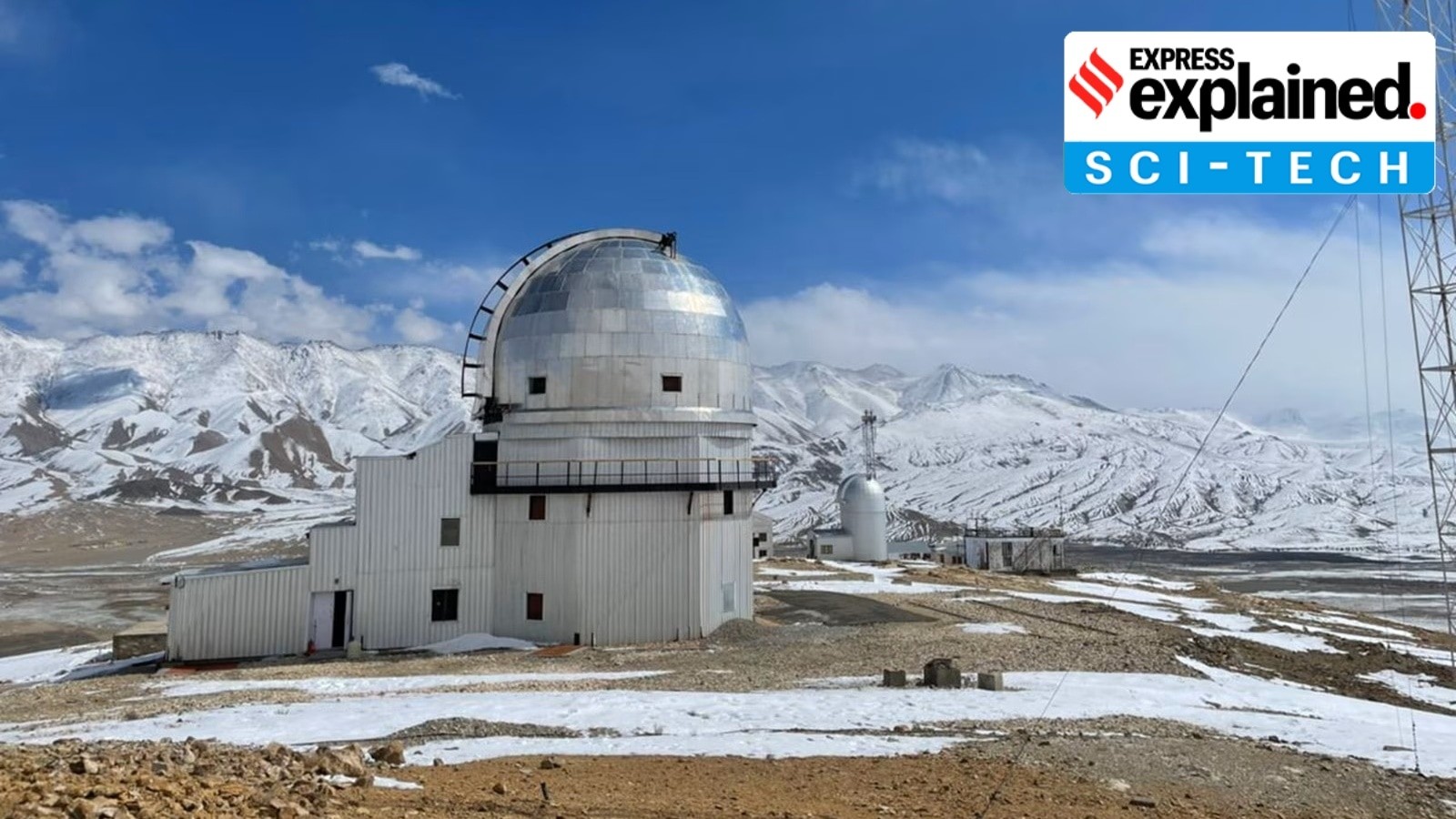Description

Source: ISM
Disclaimer: Copyright infringement not intended.
Context
With the objective to develop a vibrant semiconductor ecosystem, the Union Cabinet approved the proposal of Kaynes Semicon Pvt Ltd to setup a semiconductor unit in Sanand, Gujarat.
Details
About India Semiconductor Mission (ISM)
- The ISM was launched in 2021 with a financial commitment of Rs 76,000 crore.
- It is designed to support the development of a robust semiconductor and display manufacturing ecosystem in India.
- The mission aims to provide financial support to companies investing in semiconductor manufacturing, display fabrication, and the design ecosystem.
- The mission is a specialized and independent Business Division within the Digital India Corporation.
- It aims to build a vibrant semiconductor and display ecosystem to enable India’s emergence as a global hub for electronics manufacturing and design.
Components of the India Semiconductor Mission
- Scheme for Setting Up Semiconductor Fabs in India:
- The Scheme for setting up of Semiconductor Fabs in India shall extend fiscal support of up to 50% of project cost on pari-passu basis to the approved applicants.
- Support under the scheme shall be provided for a period of six years.
- Scheme for Setting Up Display Fabs in India:
- The Scheme for setting up of Display Fabs in India shall extend fiscal support of up to 50% of project cost on pari-passu basis to the approved applicants.
- Support under the scheme shall be provided for a period of six years.
- The focus is on attracting investments to establish facilities for TFT LCD (Thin-Film Transistor Liquid Crystal Display) and AMOLED (Active Matrix Organic Light Emitting Diodes) based display fabrication, which are critical components in modern electronic devices.
- Scheme for Setting Up Compound Semiconductors/Silicon Photonics/Sensors Fab and Semiconductor Assembly, Testing, Marking, and Packaging (ATMP)/ Outsourced Semiconductor Assembly and Test (OSAT) Facilities in India:
- The Scheme for setting up of Compound Semiconductors / Silicon Photonics / Sensors (including MEMS) Fabs / Discrete Semiconductors Fab and Semiconductor ATMP / OSAT facilities in India shall extend fiscal support of 50% of capital expenditure to Compound Semiconductors / Silicon Photonics / Sensors (including MEMS) Fabs and Semiconductor Packaging (ATMP / OSAT) units.
- Support under the scheme shall be provided for a period of six years.
- Design Linked Incentive (DLI) Scheme:
- It supports the design and development of Integrated Circuits (ICs), Chipsets, System on Chips (SoCs), Systems & IP Cores, and semiconductor-linked design, fostering innovation in the semiconductor sector.
- Support under the scheme shall be provided for a period of six years.
Must Read Articles:
Semiconductor Manufacturing in India
Semiconductors
India’s chip manufacturing plan
Sources:
ISM
|
PRACTICE QUESTION
Q: Consider the following statements regarding India Semiconductor Mission (ISM):
- ISM was launched in 2021 with a financial commitment of Rs 76,000 crore.
- The Scheme for setting up of Semiconductor Fabs in India shall extend fiscal support of up to 100% of project cost to the approved applicants.
- In all the components of the scheme, support shall be provided for 10 years.
Which of the above statements is/are incorrect?
a) 1 and 2 only
b) 1 and 3 only
c) 2 and 3 only
d) 1, 2, and 3
Answer: c)
Explanation:
1st statement is correct: The ISM was launched in 2021 with a financial commitment of Rs 76,000 crore. It is designed to support the development of a robust semiconductor and display manufacturing ecosystem in India.
2nd statement is incorrect: The Scheme for setting up of Semiconductor Fabs in India shall extend fiscal support of up to 50% of project cost on pari-passu basis to the approved applicants.
3rd statement is incorrect: In all the components of the scheme, support shall be provided for 6 years.
|




![]()






